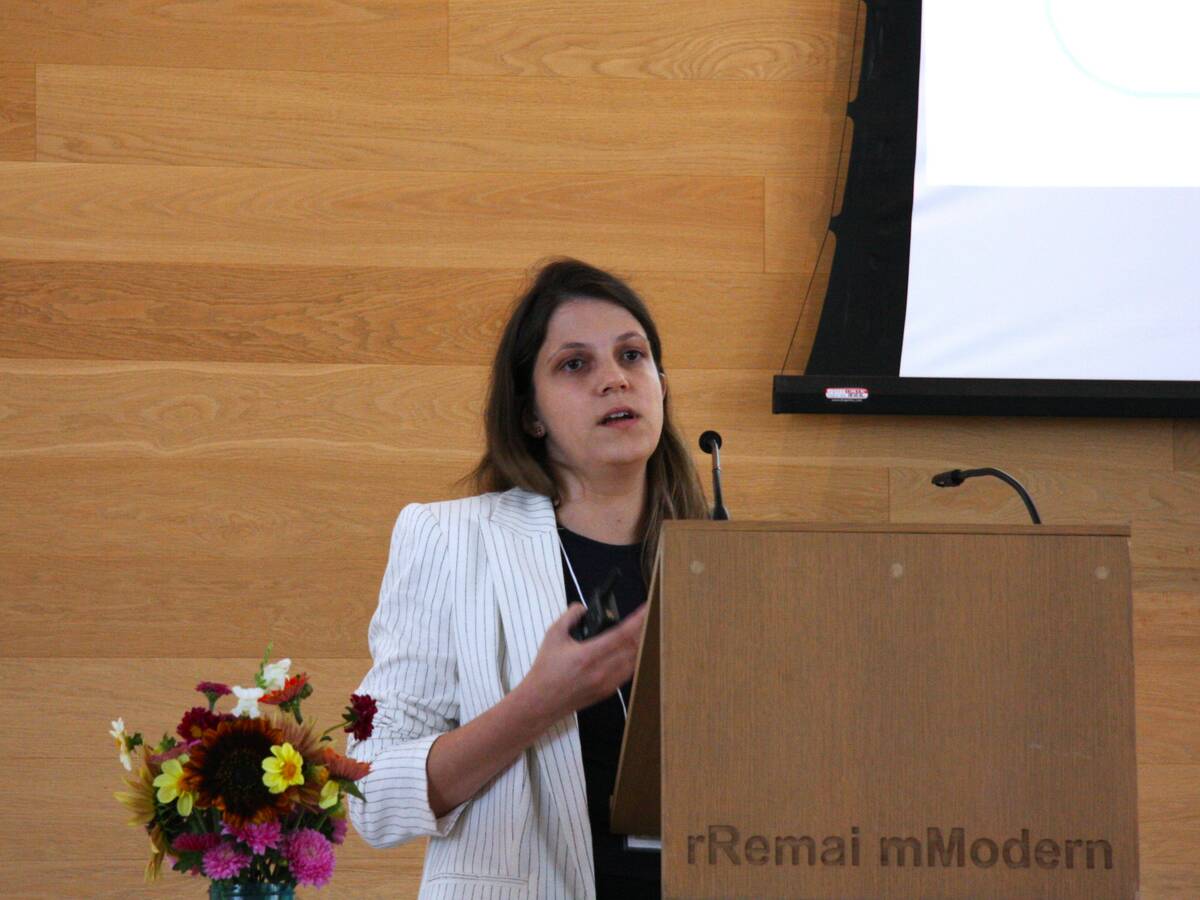Government aid to the cattle and beef industries in the midst of the BSE crisis has been a “drop in the bucket,” outspoken Ontario Liberal and House of Commons agriculture committee chair Paul Steckle said last week.
During an emergency Commons debate on the impact of BSE that lasted into the wee hours of Oct. 13, Steckle said the government has to budget more support.
“Money is a vital first step,” he said. “In my opinion, governments must continue to work to stabilize our industry. To date, more than $1 billion has been invested in the sector but to an industry that generates 10 times that amount in direct annual economic activity, that is a drop in the bucket.”
Read Also

Fusarium head blight mycotoxin detector in the works
A PhD student at the University of Saskatchewan has been working on developing a method of detecting fusarium damaged kernels to ease the struggles of producers, agronomists and industry.
Steckle also said he would support the controversial idea of testing every animal for BSE if that would win back markets.
And ruminant protein could be taken out of all animal feed.
“Let us take that route and make sure that our product is far and beyond anything that anyone else in the world could offer.”
It was one of a number of proposals that MPs from all parties made as they debated the cause, effects and solutions to the BSE crisis during a debate that started at the dinner hour Oct. 12 and lasted into the middle of the night.
Some of the proposals from Conservative MPs contrasted sharply with positions held in the last Parliament by the then western-dominated Conservative party.
Rookie Ottawa area MP Gordon O’Connor promoted universal testing.
“By testing all animals, we would be proving to the world what we already know, that Canadian beef is the safest in the world and at the same time building ourselves an alternative market for our beef,” he said. “Then, should the U.S. border finally open, we would be able to sell our beef at a premium.”
Nova Scotia Conservative Gerald Keddy embraced the idea that was rejected by the previous Conservative caucus as scientifically unnecessary and too costly.
“What has the government done to look at a mandatory testing regime for overseas exports, which the government would pay, not the farmers?” Keddy asked.
New Democrat Charlie Angus wondered how the government would protect smaller packing plants being built to replace dependence on the U.S. if the border opens and the big U.S. packers try to lure more cattle south.
Steckle came back with an idea. If there is an economic advantage to shipping live cattle past Canadian plants to American buyers, a tariff could be applied.
“If there is a $50 benefit in going outside Canada to ship an animal to the United States, I am prepared to support imposing a tariff of some sort to take that back to support the industry which we have helped to create and which we need for the future,” he said.














